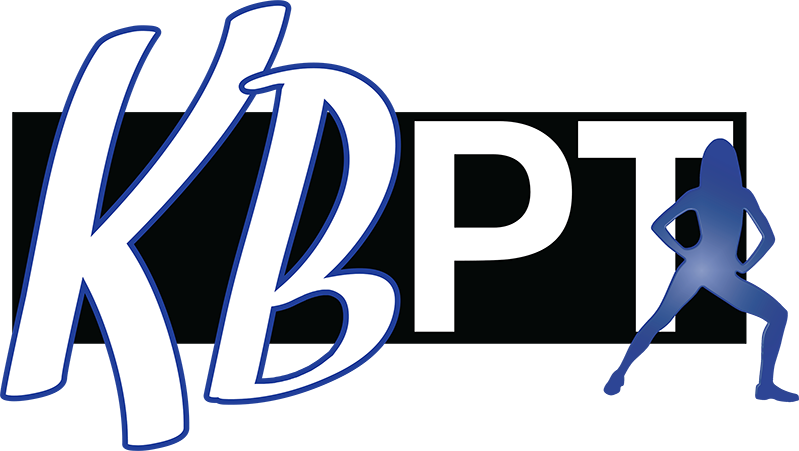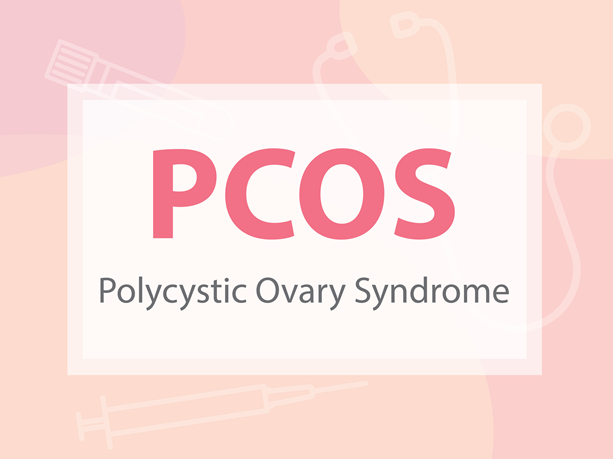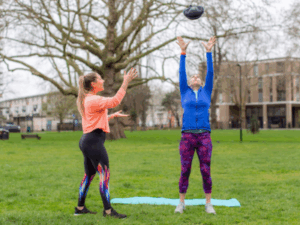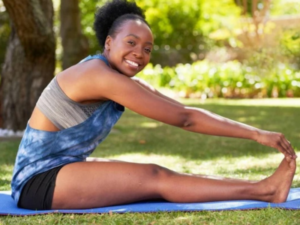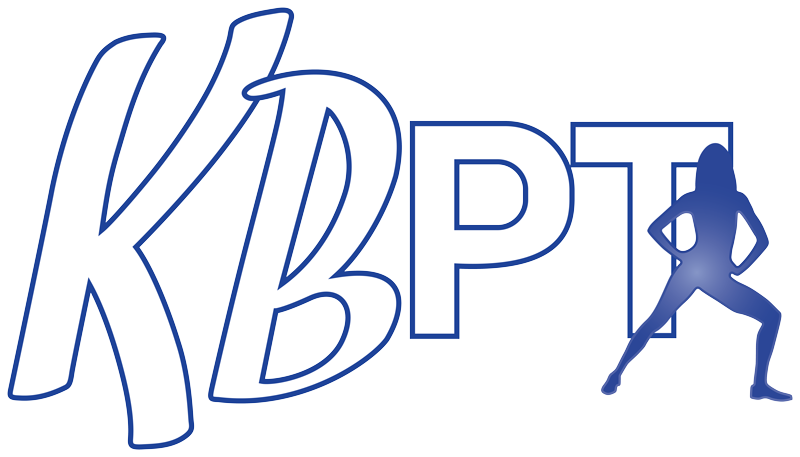KBPT’s team of all-female personal trainers supports clients across east London. With one in 10 women in the UK affected by polycystic ovary syndrome (PCOS), we’ve created this blog to answer key questions about the condition and examine the benefits of exercise and nutrition as a way of reducing the symptoms. If you’re looking for a PCOS personal trainer, KBPT is here to help.
What is PCOS?
PCOS is an increasingly common hormonal condition that affects how the ovaries work. Symptoms of PCOS often start in the late teens or early 20s and include irregular periods, excessive hair growth, weight gain and fertility problems. Many people with PCOS experience higher rates of insulin resistance and are at higher risk of diabetes.
How can PCOS be treated?
There’s no known cause or cure for PCOS but the symptoms can be managed with medication, supplements and lifestyle modifications (e.g. nutrition and exercise).
Why is exercise good for PCOS?
Regular physical activity is always a good thing! If you’ve been diagnosed with PCOS, the benefits include aiding weight loss, balancing hormones and reducing the risk of long-term health conditions, such as diabetes.
Is there a particular type of exercise that works best for PCOS?
Cardio workouts, high intensity interval training (HIIT) and strength training are all great options if you have PCOS but we’d also recommend gentler activities, such as yoga and Pilates, that focus on the mind as well as the body. Try to do 30 minutes of exercise three times a week but be careful not to overtrain.
What nutritional advice would you give to a client with PCOS?
We recommend focusing on eating balanced, healthy meals – a mix of protein, fibre, good fats, fruit and vegetables and low or moderate glycemic index (GI) foods, such as chickpeas, sweet potatoes and brown rice – and eating regularly to help keep blood sugar levels stable.
Do you have any other wellbeing tips to help with PCOS?
It’s really important that you manage your stress levels and get enough sleep. Try doing some gentle stretches or yoga in the evenings or using a meditation app.
What support is available for PCOS?
Your GP is a good place to start. There are also support groups online and the PCOS charity Verity provides lots of helpful tips. You can also search ‘PCOS workouts’ on TikTok or Instagram to get advice from healthcare experts and other people with PCOS.
What does KBPT offer in terms of PCOS personal training?
Every KBPT client has a different reason for coming to us – we’ll discuss this in your initial consultation and your personal trainer will tailor your programme to your specific needs. If you have polycystic ovary syndrome, we can provide an exercise plan, nutrition advice and self-care guidance that should help to relieve your symptoms and keep you motivated.
If you’d like to find out more about how KBPT can help you on your PCOS journey, email kate@kbpersonaltraining.co.uk
